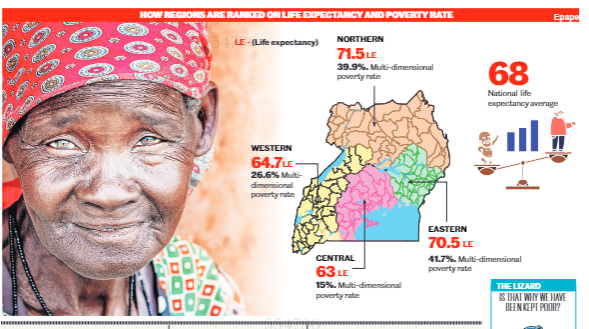Experts push for dyslexia screening centers across Uganda

Children attend class at Nakasero Kindergarten in January 2022. PHOTO/JOSEPH KIGGUNDU
What you need to know:
- Dyslexia is a learning disorder that affects reading and language processing, leading to difficulties in accurately recognising words, spelling, and reading comprehension, among other challenges.
Educationists and therapists are urging the government to establish community-based assessment centers for early diagnosis of dyslexia in children, a move that could significantly improve their learning outcomes.
Dyslexia is a learning disorder that affects reading and language processing, leading to difficulties in accurately recognising words, spelling, and reading comprehension, among other challenges.
During the International Dyslexia Day celebrations at Hill Preparatory School last Friday, Dr Eria Njuki, Director of the Center for Lifelong Learning, highlighted that the country has fewer than ten experts qualified to diagnose this condition. He pointed out that dyslexia is often identified too late, which negatively impacts children's learning progress.
However, he noted that early diagnosis enables children to receive specialized lessons, substantially enhancing their academic performance.
Dr Njuki called on the government to establish assessment centers in every sub-county to ensure early detection and intervention for children with dyslexia.
“The government should mobilize resources to set up assessment centers at the sub-county level, where parents can have their children tested early, increasing their chances of success in school,” he stated.
He emphasized that one in five individuals is affected by dyslexia and cited studies indicating that 75 percent of children who drop out of school do so because of this condition. Although the Uganda National Examinations Board (UNEB) has introduced concessions allowing children with dyslexia to take exams orally, many still miss out on these adjustments if they are not identified in time.
Ms Sarah Bugoosi, Commissioner for Special Needs Education at the Ministry of Education, acknowledged the government’s efforts in training teachers in Special Needs Education at Kyambogo University and other institutions. However, she pointed out that identifying learners with dyslexia remains a significant challenge, leading to many being taught in traditional ways, which hampers their progress.
“We have made significant strides, but the major challenge is that many learners are in schools without proper identification. Children are dropping out of school, and we often assume they cannot study when, in fact, we may have failed to recognize their condition,” Ms Bugoosi explained. She attributed the low literacy and numeracy levels among primary learners, in part, to undiagnosed dyslexia.
Ms Florence Nsagi, Head of Special Needs at Hill Preparatory School, discussed the numerous challenges faced by learners with dyslexia. She noted that these students often struggle to grasp classroom lessons, may interchange letters, exhibit restlessness, and avoid classwork in favor of playing.
“These children can perform better with special attention and understanding. Teachers need to recognize their abilities and challenges and adapt their teaching accordingly. With the right support, they can excel in class,” Ms Nsagi said.
Jordan Ssebuliba, a parent of a child with dyslexia, shared his experience of late diagnosis after witnessing his child's declining performance.
“My child was struggling, and his marks fell drastically—from 90 to just 12 percent in some subjects. After consulting with other parents and experts, he was diagnosed with dyslexia. However, I remain hopeful that he still has a chance to succeed,” Mr Ssebuliba remarked.




